NSW public mental health system is on its knees, hearing told
NSW public hospitals risk losing their accreditation to train junior psychiatrists as the speciality’s medical college performs emergency inspection visits amid a huge shortage of senior staff specialists.
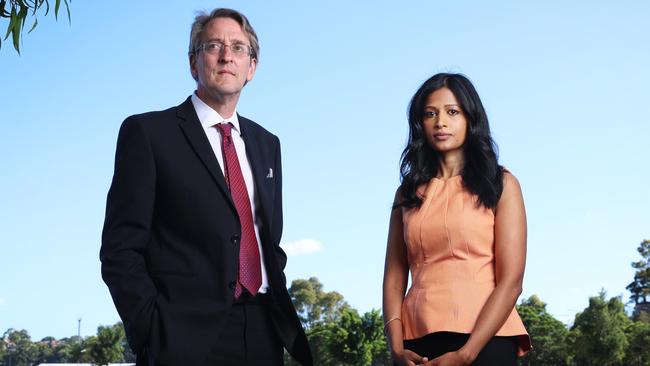
NSW public hospitals risk losing their accreditation to train junior psychiatrists as the speciality’s medical college performs emergency inspection visits amid a huge shortage of senior staff specialists.
The opening day of an arbitration hearing between the union representing public sector psychiatrists in NSW and the state’s health department was told there had been a precipitous decline in permanent staff within mental health units over years, and that NSW, of all the states, offered the lowest remuneration to psychiatrists. NSW also has the lowest expenditure on mental health in the country apart from Tasmania.
Local health districts have been replacing senior staff specialists – about 100 have resigned in an industrial flashpoint that is crippling the system – with visiting medical officers at a fraction of the full-time equivalent load.
VMOs are paid at the rate of 0.6 or 0.7 full-time equivalent hours, the hearing in the Industrial Relations Commission was told, so even when staff are replaced with VMOs, the resourcing of mental health units is not equivalent. About 50 of the staff specialists who resigned have taken up the offer of working as VMOs, and other VMOs have been hired. The rate of employment of VMOs in NSW hospital psychiatry departments had increased by 50 per cent in the five years before the dispute over a staffing crisis that prompted the mass resignations of 172 psychiatrists. Health districts have been scrambling to employ locums at a rate of up to $3050 a day. Half of all psychiatrists working in NSW public hospitals are now qualified at the lowest rank of experience of level one.
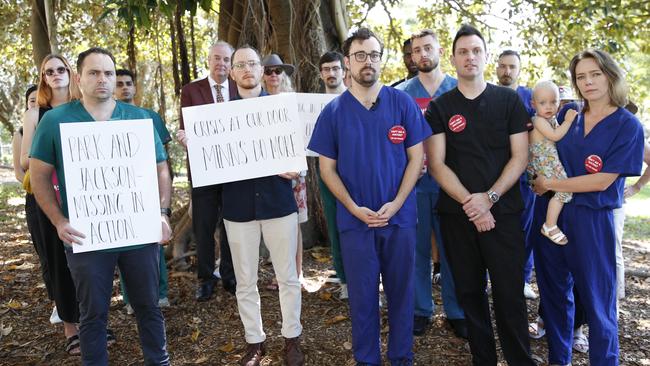
The Royal Australia and New Zealand College of Psychiatry has major concerns about the impact of the resignations on trainees, the hearing heard, because locums and VMOs often are not in a position to carry out the mandatory supervision of registrars. The College has recently been conducting emergency accreditation checks on hospitals amid concerns supervision is not adequate with mental health units stripped of so many staff. Thirteen clinical directors within public psychiatry units have written to the government warning patient care is being impacted due to staff shortages.
If the hospitals do not meet requirements following the College’s accreditation checks, they could be stripped of their right to train junior psychiatrists, plunging the public system into an even greater crisis. Staffing would be further critically eroded and the state would lose its pipeline of future specialists.
The mass resignation of psychiatrists in NSW, which began in December, is the culmination of two years of failed efforts by the workforce to address an acute staffing problem. Around 30 per cent of psychiatry staff specialist roles were vacant in NSW as of late last year amid an exodus of doctors who had reached the point of despair and had serious concerns about patient care and safety. This was occurring in the context of rising numbers of patient presentations.
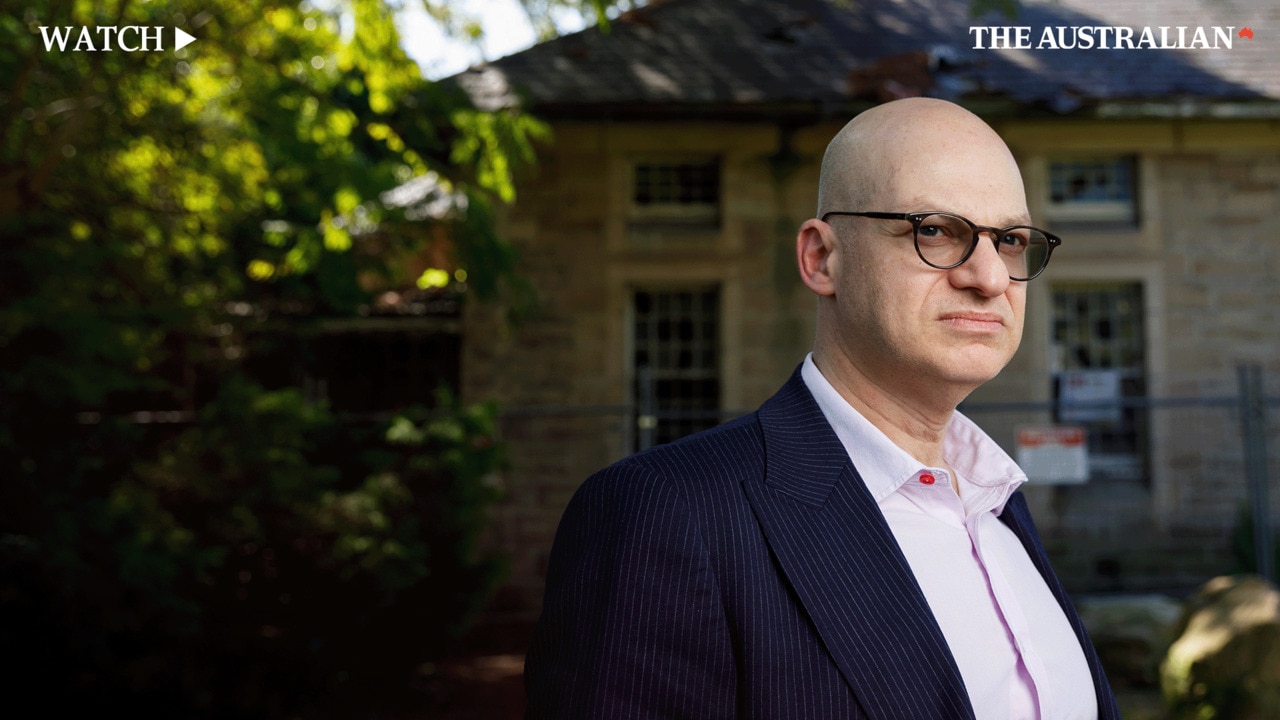
Tom Dixon, counsel for the Australian Salaried Medical Officers Foundation, argued in the IRC that VMO and locum doctors were not interchangeable with staff specialists, particularly in terms of continuity of care for patients, and because they did not contribute to the knowledge and culture of departments in the long term, nor did they perform important research.
The staff specialist psychiatrists are asking for a 25 per cent special allowance to boost their pay in order to address the staffing exodus. ASMOF argues that if all staff specialists were given such an allowance, it would not cost the NSW government any more than what it is paying to plug staffing gaps with VMOs and locums. The union has said it will not pursue similar salary increases for other specialties. It is seeking a new award for psychiatrists, alongside pursuing award modernisation for all public hospital specialists.
The hearing was told the increase in prevalence of mental health conditions and corresponding relative decline in resourcing had seen a massive increase in orders for civil commitment being made at the NSW Mental Health Review Tribunal, exploding presentations to hospitals and hugely increasing numbers of people with a mental health disorder being imprisoned.
Senior psychiatrist Matthew Large had warned of the dire state of affairs in a letter to the NSW Health Ministry several years ago, the hearing was told, describing the increasing reliance on temporary staff as “an existential threat to public psychiatry”.
The first witness to give evidence in the five-day psychiatry arbitration was Dr Pramudie Gunaratne, chair of the NSW Branch of Psychiatrists, who said hospitals were “past the tipping point” in which there were now “serious concerns and serious risks of denial of accreditation” for hospitals to train junior psychiatrists.
NSW Health Ministry counsel Ian Neil SC attempted to attack Dr Gunaratne’s credibility by suggesting that as a College representative, she had been “closely involved in co-ordinating the resignations”. The line of attack suggested Dr Gunaratne inappropriately engaged in activist industrial action on behalf of the College.
The packed gallery in the tribunal hearing room erupted into loud laughter at the suggestions.
Dr Gunaratne responded by saying that psychiatrists had “no hope” and were “demoralised”, and had collectively sought to save the system.
“We are not an industrial organisation,” she said of the College.
The hearing runs all week.


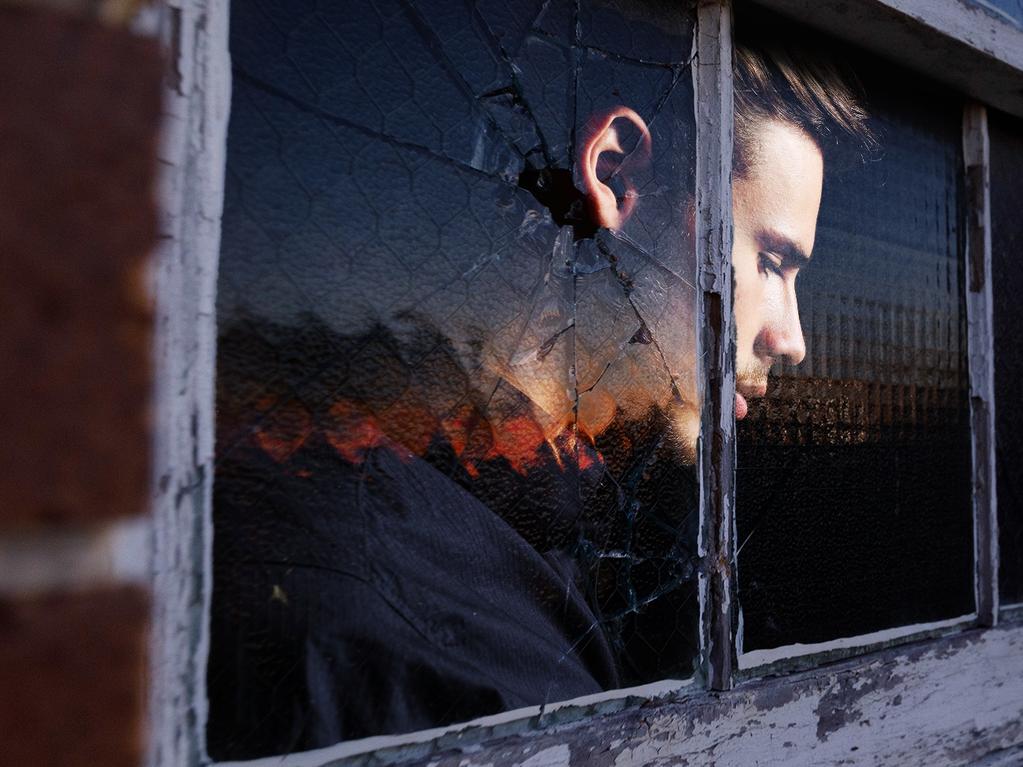
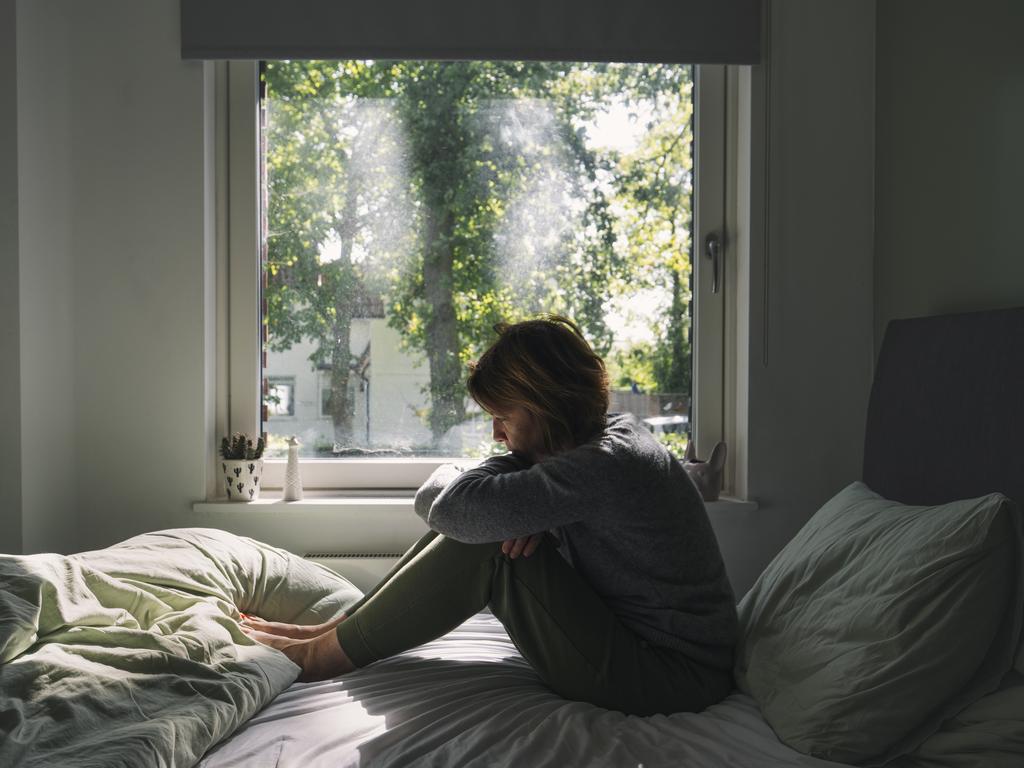


To join the conversation, please log in. Don't have an account? Register
Join the conversation, you are commenting as Logout